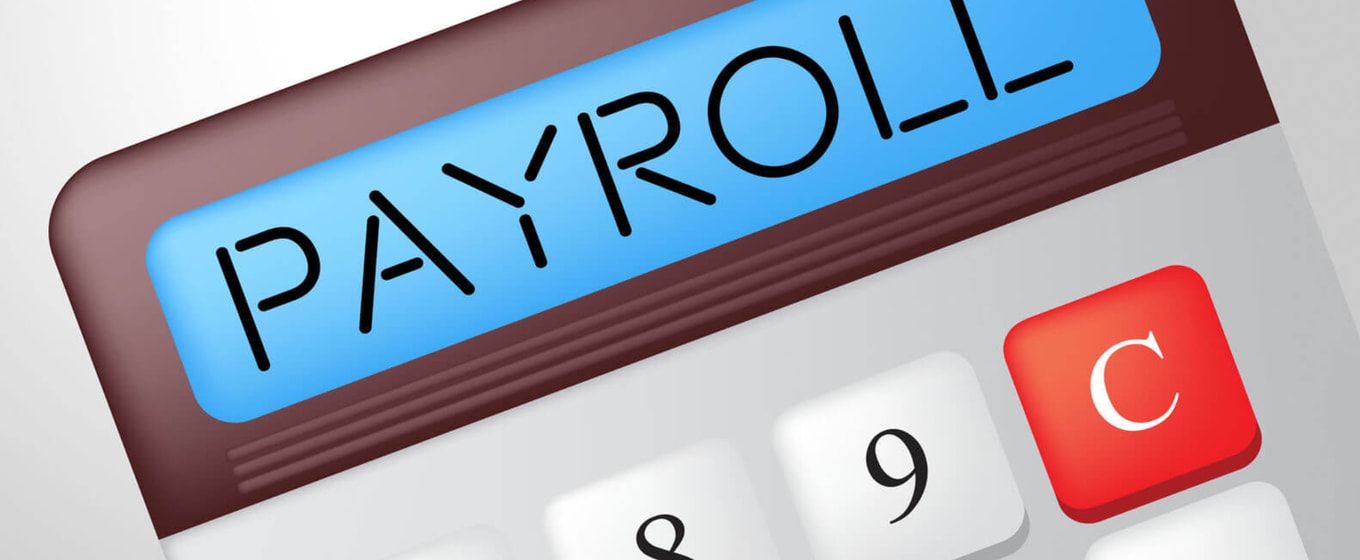PAYE means pay-as-you-earn. It's the government’s way of getting businesses to deduct income tax and National Insurance directly from employees’ pay.
Student loan repayments and pension contributions may also be deducted using PAYE. Businesses can implement it using specialist software, or by contracting a payroll company to do it for them.
For most businesses, PAYE is compulsory. You’re only exempt if you have no employees earning £111 per week, get expenses or benefits, have other jobs or have workplace pensions.
You won't need to operate PAYE for freelancers or contractors. They fall into the group of people who have income that’s not taxed at source - they need to register for tax self-assessment. They need to keep their own income records and complete a tax return once a year, paying any tax they owe HMRC themselves.






These cookies are set by a range of social media services that we have added to the site to enable you to share our content with your friends and networks. They are capable of tracking your browser across other sites and building up a profile of your interests. This may impact the content and messages you see on other websites you visit.
If you do not allow these cookies you may not be able to use or see these sharing tools.